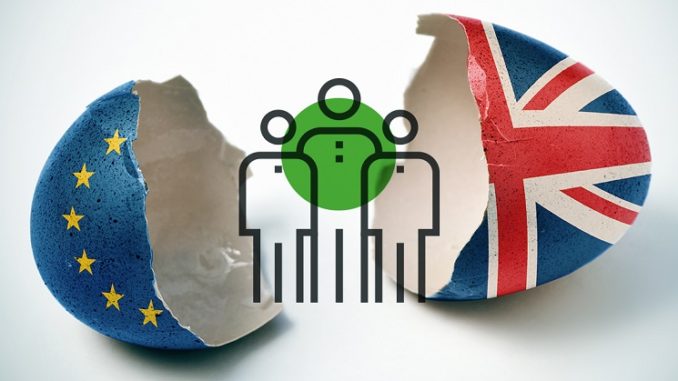
There is no doubt Brexit will have an impact on small businesses, whether it’s a no-deal Brexit or not; there are simply too many moving parts and complications for it not to have any effect. The question is how much of an impact will it have, and unfortunately there is no real answer to that yet. With most of Brexit policy still up in the air, it’s tough to say exactly what will come of it in the short or long term, because there are no concrete decisions made yet.
Regardless, there are still some key areas that will be affected, and experts are weighing in on what their predictions are in order to help small and medium-sized enterprises (SMEs) prepare themselves to the best of their ability for what seems like the inevitable.
Product Delivery
For any businesses that import or export with the EU, product turnaround time and delivery is a major concern – especially for those businesses in Ireland, where a hard border could seriously damage cross-border supply chains in the event of a no-deal Brexit. SMEs are nervous that the supply of their goods will be heavily impacted and they won’t have any product to sell to customers. If they manage to get around that hurdle and do have a product to sell, the logistical systems in place pre-Brexit may take much more time than before, or will no longer be viable at all and will need to be re-established, which takes time to do.
Increased costs
A no-deal Brexit could be very expensive for SMEs across the country for a number of reasons. Importing and exporting goods will most likely cost more in logistics, duties, and taxes, and the EU could lower the current threshold and introduce VAT to small businesses who were not paying them before. A soft Brexit could mean the introduction of a free trade area where there are no customs checks at the border, and no extra duties or taxes applied. Even the experts aren’t sure which way it could go at this point, so there are no solid answers yet.
Additionally, energy costs are projected to increase, according to power companies in the UK, because of increased tariffs on gas and electricity. Prices have already gone up multiple times in the past year, and the markets could become even more volatile post-Brexit. It is beneficial to stay on top of your energy costs and compare business energy quotes at Utility Bidder to ensure you’re getting the best price for your utilities, and lock in a good rate for as long as possible in case costs do skyrocket.
Employment
Tighter immigration rules would mean the end of—or at least the restriction of—the free movement of labour, which in turn means small businesses will need to reconsider how they recruit new employees. There already seems to be less interest in UK jobs from EU workers, and Brexit uncertainty could be the cause. While the government has proposed a post-Brexit immigration system that introduces a 12-month visa for unskilled workers and removes the cap for highly skilled workers, this is a more long-term solution that probably won’t help SMEs in the short term. There is worry that leaving the EU will cause a skills shortage across the country, especially if it ends up being a no-deal Brexit.
With so many loose ends still waiting to be tied, it feels like it’s almost impossible to accurately predict the outcomes and potential consequences Brexit will have on small businesses. If you’re a small or medium business owner, the best you can do is start preparing now in whatever ways you can.




